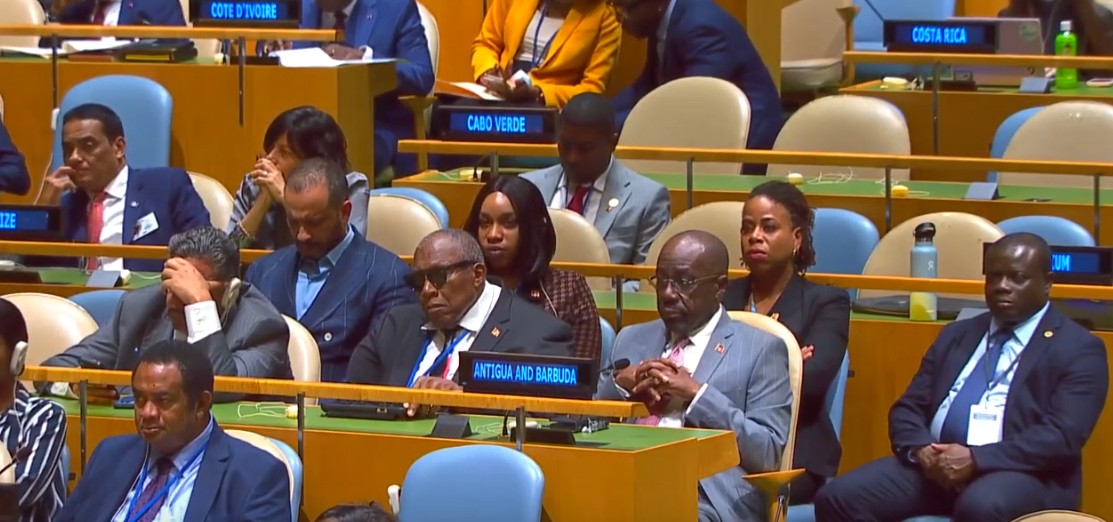In recent weeks, Taiwan's President Lai Ching-te has embarked on a speaking tour aimed at reinforcing national unity against the looming threats from China, which insists on its territorial claims over Taiwan. Critics, however, argue that this campaign may further deepen existing political divides and provoke adverse reactions from the Chinese government.
Lai is challenged on two fronts: combating China's aggressive stance and addressing the opposition parties in Taiwan's legislature, which question his administration’s policies and authority. His initiative, dubbed “Ten Speeches on National Unity,” is increasingly drawing ire and highlighting the fractures he seeks to mend. The discourse revolves around the complexities of Taiwan's identity, its delicate relationship with China, and strategies for maintaining security on the island.
In his recent addresses, Lai has underscored the incompatibility of Taiwan’s democratic values, history, and culture with those of Communist-ruled China. He cautioned that China aims to “blur the national identity of our people” and warned against its tactics to exert influence through economic partnerships and cultural exchanges.
In one of his initial speeches, Lai asserted Taiwan’s identity as an island in the Pacific rather than a mere offshoot of imperial China. He emphasized that since the establishment of the People's Republic of China in 1949, it has never governed Taiwan, reinforcing the notion of Taiwan as a sovereign entity with its own governance, military, and foreign identity. “Of course, Taiwan is a country,” he concluded emphatically.
Lai is challenged on two fronts: combating China's aggressive stance and addressing the opposition parties in Taiwan's legislature, which question his administration’s policies and authority. His initiative, dubbed “Ten Speeches on National Unity,” is increasingly drawing ire and highlighting the fractures he seeks to mend. The discourse revolves around the complexities of Taiwan's identity, its delicate relationship with China, and strategies for maintaining security on the island.
In his recent addresses, Lai has underscored the incompatibility of Taiwan’s democratic values, history, and culture with those of Communist-ruled China. He cautioned that China aims to “blur the national identity of our people” and warned against its tactics to exert influence through economic partnerships and cultural exchanges.
In one of his initial speeches, Lai asserted Taiwan’s identity as an island in the Pacific rather than a mere offshoot of imperial China. He emphasized that since the establishment of the People's Republic of China in 1949, it has never governed Taiwan, reinforcing the notion of Taiwan as a sovereign entity with its own governance, military, and foreign identity. “Of course, Taiwan is a country,” he concluded emphatically.



















